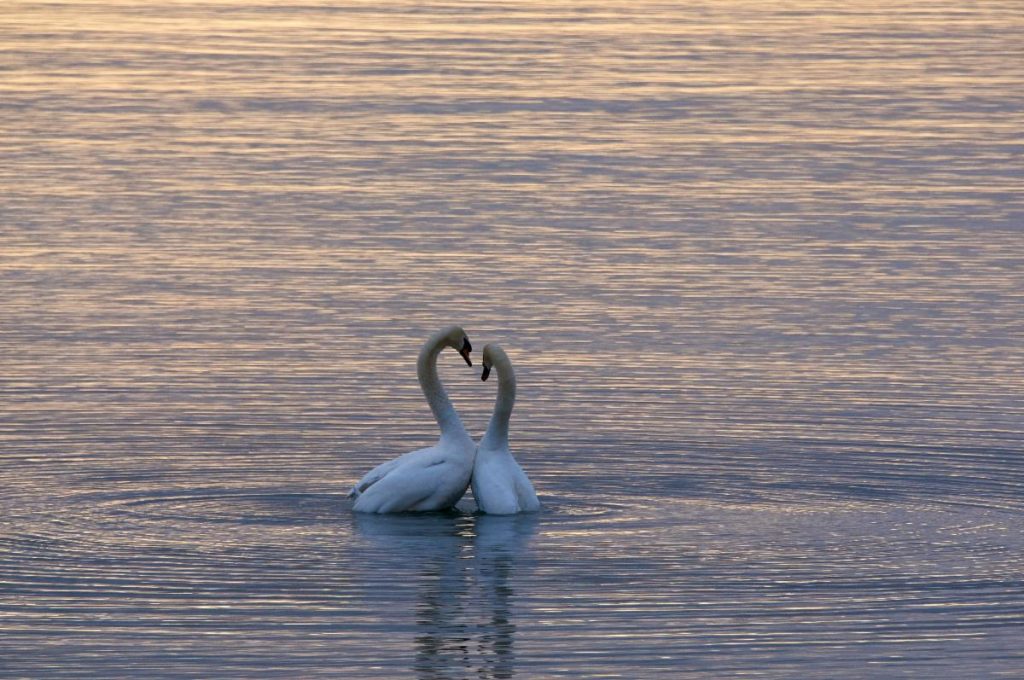“God dwells wherever humans let him in.”
Martin Buber

From “Bach in Brazil”
Phil Cousineau
At the far end of the wooden bridge is a small lake in an old granite quarry. Two white swans swim in utter peace. Their long necks curl into feathered question marks. Silently, they glide across the still water.
When the morning sun crests the distant treetops, loudspeakers attached to the soaring stone walls switch on and into the canyon rumbles Bach’s Toccata and Fugue.
I sit on a carved bench at the edge of the water, watching the play of light on the lake, listening to the deep drone that swells the air. As the organ music fades, it’s followed languorously by the Brandenburg Concertos. Into the sheer blue sky rises the sounds of joyously conversing violins.
Suddenly the spell is split in two by the shrill sawmill cries of a chainsaw from the forest at the edge of the park. Metal teeth gnash the air. Motors groan on and off. White-flashing blades bite into ancient bark. The forest moans as great branches crash to the ground.
An unseen hand turns up the volume of the music, as if to drown out the slashing sounds. The strange syncopation of falling trees and soaring violins jolts a sidelong memory out of me. A dusty trunk in the attic of memory opens wide and I recall a legend.
During one brutal winter in Germany, a sudden frost destroyed all the apple trees in Bach’s grove but one. Desperate to save his last tree, he ventured out into the stricken field with the only protection he could think of, the manuscript pages of his Brandenburg concertos. With those parchment bandages, he tenderly wrapped the bark of the dying tree, and saved it from the killing frost.
Out in the middle of the stilled lake, the swans twitch violently to each snarl of the chainsaws. The last movement of the sixth concerto fades away, leaving only the grinding of saw-blades, and the alertness of two white swans, who wait for the next wave of healing music.
Happy Birthday, Johann Sebastian Bach, born March 21, 1685.
Now, for the Beatles
